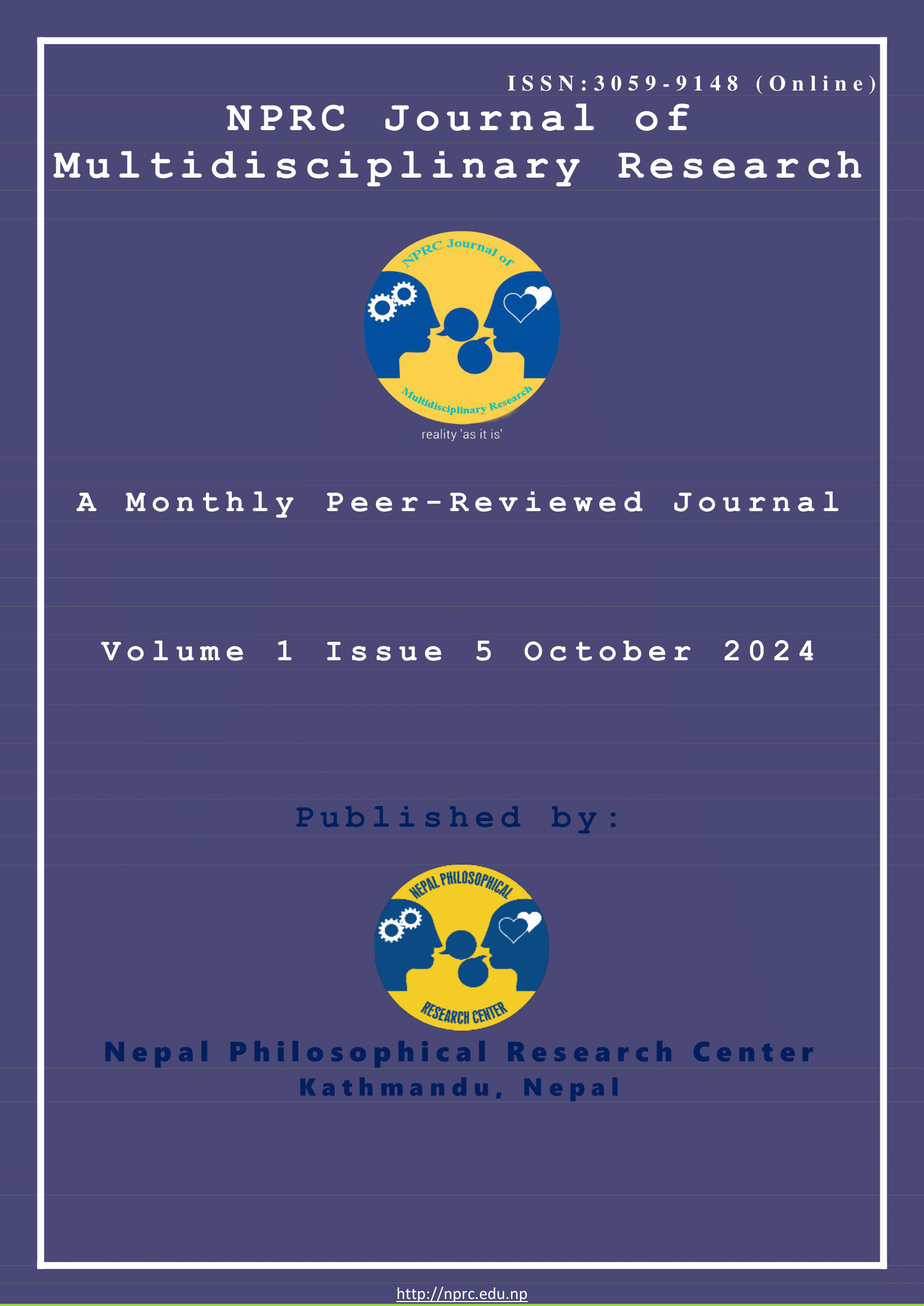Perception of Health Professionals on Brain Drain in Nepalese Health Sector
DOI:
https://doi.org/10.3126/nprcjmr.v1i5.71321Keywords:
Brain drain, health worker, Nepal, professionalAbstract
Health workers are professionals who are engaged in the delivery of healthcare services to individuals. They include a wide range of roles such as doctors, nurses, midwives, paramedics, and support staff who provide clinical services to patients. They also encompass community health workers and public health professionals who work on disease prevention, health education, and improving access to healthcare. Health workers are essential for the functioning of health systems and play a critical role in ensuring the health and well-being of the population. Brain drain is increasing in Nepal day by day due to the many reasons, including the desire for better pay, work conditions, quality of life, high opportunities, more working hours, personal growth that make health workers leave. This situation is creating problem for Nepal’s health services. The main purpose of this study is to explore the perceptions of health professionals regarding brain drain in Nepal’s health sector. Through in-depth interviews and focused group discussions with various stakeholders, including doctors, nurses, pharmacist, health informatics, front line manager, the research aims to uncover the underlying factors contributing to emigration of skilled health workers. This study also examines the impact on Nepal’s healthcare system and suggest strategies to mitigate the loss of talent. This research contributes the deeper understanding of brain drain and provides insights for policy development to strengthen Nepal’s health sector.
Downloads
Downloads
Published
How to Cite
Issue
Section
License
Copyright (c) 2024 The Author(s)

This work is licensed under a Creative Commons Attribution-NonCommercial 4.0 International License.
This license enables reusers to distribute, remix, adapt, and build upon the material in any medium or format for noncommercial purposes only, and only so long as attribution is given to the creator.





